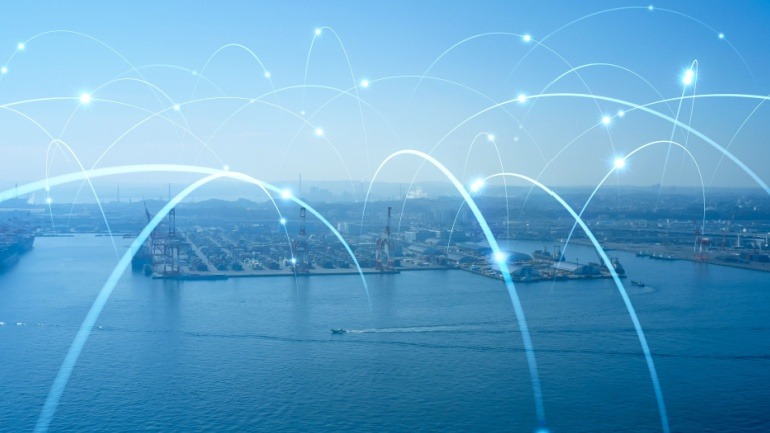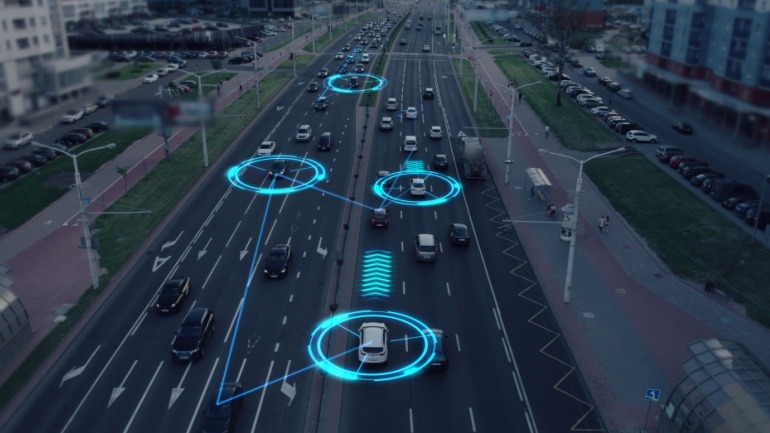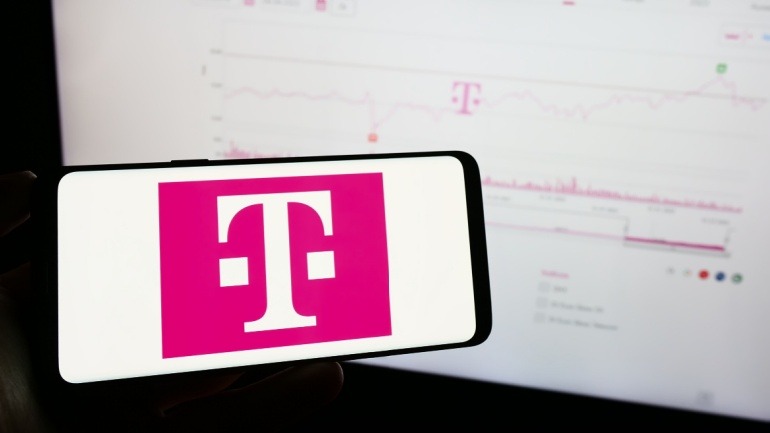The Stargate Project, backed by OpenAI, SoftBank, Oracle, and MGX, promises to revolutionize AI infrastructure with a $500 billion investment. Key players like Oracle and OpenAI are driving this initiative to reinforce American leadership in AI.
Sparkle, a top global operator, is enhancing its services in Brazil with a new Point of Presence in Brasília. This strategic move caters to increasing demand for international connectivity, reinforcing Sparkle’s leading role in Latin America.
Chinese engineers have developed technology to sever undersea communication cables, sparking concerns over potential sabotage. Patents for devices intended to cut cables, including one by Lishui University, suggest a cost-effective method for disruption.
AT&T’s collaboration with Voltpost ushers in a new era of curbside EV charging, transforming lampposts into modular charging units. This initiative, leveraging IoT connectivity for optimal charger reliability, aims to enhance urban electric vehicle infrastructure across Detroit and beyond.
Deutsche Telekom is charging forward in the VOIP industry with bold targets for 2027, focusing on AI to boost revenue and operational efficiency. Aiming for 4% annual growth, they’re set to revolutionize global connectivity.
Residents and business owners in Colne, Lancashire, will soon benefit from enhanced services thanks to UK full fibre broadband provider brsk. By investing in a new full fibre network, brsk aims to deliver symmetrical speeds of up to 2Gbps, enhancing connectivity for approximately 11,000 homes and businesses.
Verizon has entered a $3.3 billion leaseback agreement with Vertical Bridge, impacting over 6,300 towers across the U.S. This marks one of the largest tower transactions in a decade. Verizon retains tower ownership while Vertical Bridge manages operation, enhancing their existing portfolio and bolstering U.S. wireless infrastructure.
Google’s USD $1 billion investment is set to transform Thailand’s digital landscape. Focusing on cloud and data centers in Bangkok and Chonburi, this initiative will boost digital infrastructure, meet rising cloud service demands, and enhance AI innovations.
Microsoft and BlackRock have announced the Global AI Infrastructure Investment Partnership aiming to raise $30 billion for AI infrastructure, emphasizing new data centers and sustainable energy sources. This strategic collaboration between Microsoft and BlackRock targets enhancing American competitiveness and technological advancements.
Sparkle, an international service provider, and Airtel Business have partnered to enhance VoIP connectivity between Asia and Europe via the Blue & Raman Submarine Cable Systems. This strategic agreement promises to diversify and expand global network capacity, catering to increasing data demands and ensuring seamless VoIP services for businesses and consumers.













